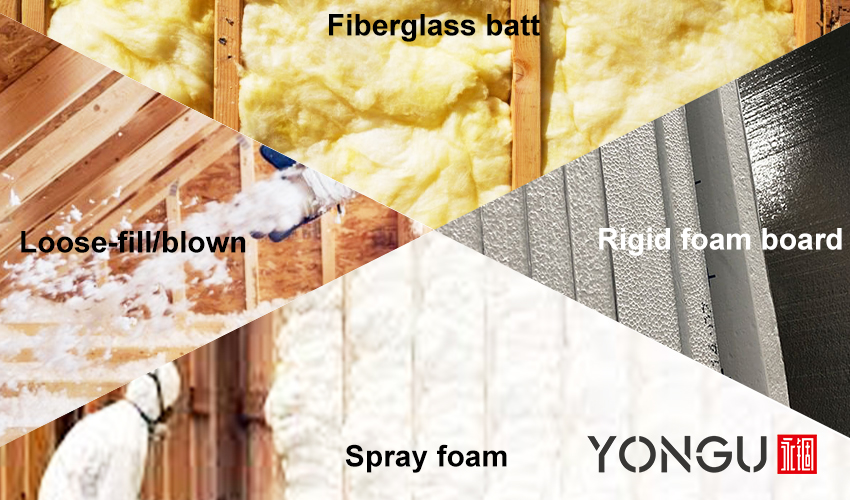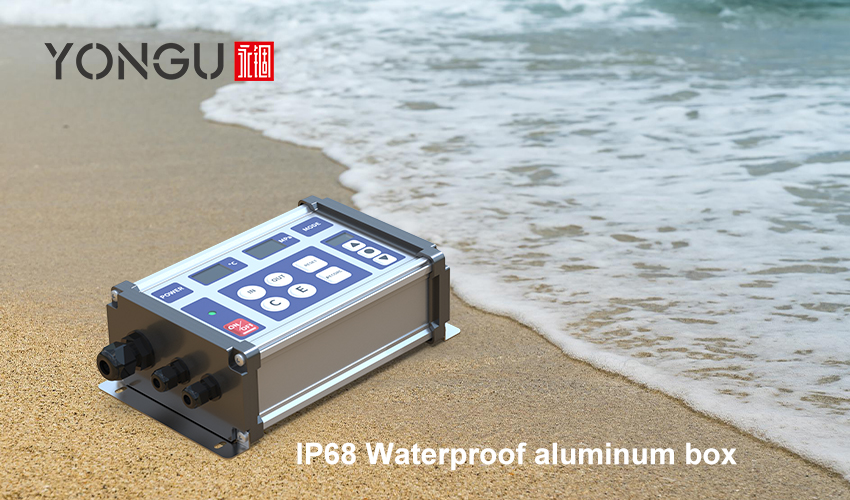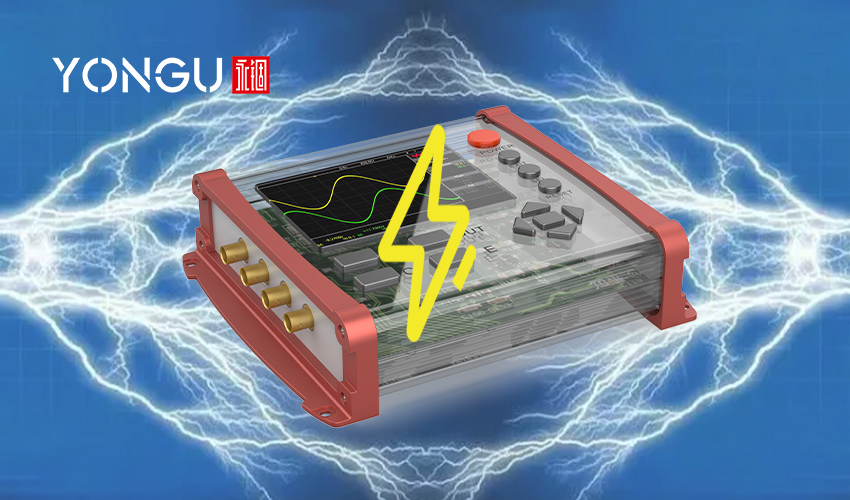Enclosures protect electrical equipment in various construction, industrial, and utility applications. They could also protect electronics from radio frequency interference and electromagnetic interference.
Following are the most common electrical equipment that needs enclosure protection the most:
- Electric switch
- Circuit breaker
- Control panels
- Panelboard
Types of Insulations Provided by Different Enclosures:
According to the U.S. Department of Energy, we use at least 50% of the energy in our homes for different purposes. For example, if you own a home, you are well concerned about the financial burden an energy bill may cause.Different enclosures provide four types of insulations:

Loose-fill/blown
Typically, recycled materials like cellulose (recycled paper), fiberglass (recycled glass), or Rockwool are used to make loose-fill and blown-in insulation (post-industrial recycled content). It is advised to use this form of insulation in difficult-to-reach places like new wall cavities, existing walls, and the floors and walls of attics.
Fiberglass batt
To make batts or blankets that can use to insulate, it can also bind your walls. The loose fiberglass or mineral wool fibers are used in loose fill together with a form of adhesive. As long as they are adequately supported, fiberglass batts can be used in any area of your house, including knee walls, open walls, and attics with any pitch.
Rigid foam board
Besides protecting your home from heat loss, rigid foam board insulation also acts as an air barrier, provides structural strength, and acts as a thermal break. Polyisocyanurate, EPS (expanded polystyrene), and XPS (extruded polystyrene) are rigid foam board insulation types.
Spray foam
Spray polyurethane foam (SPF), which is available in high-density (closed-cell) and low-density (open-cell) varieties, is the most widely used type of spray foam insulation. A thermal barrier is necessary for both types to offer some safety during a fire. For example, 12-inch drywall is the thermal barrier that is most frequently used.
IP Ratings for Electrical Enclosures
En 60529 is the international standard that defines IP (or "Ingress Protection") ratings (British BS EN 60529:1992, European IEC 60509:1989). They categorize the degrees of electrical enclosure sealing efficacy against incursion from moisture and other objects (tools, dirt, etc.).Each of the numbers that come after IP has a distinct meaning. The first describes how well people are protected from moving parts and how well-enclosed equipment is shielded from external objects. The second specifies the degree of moisture protection the enclosure has (drips, sprays, submersion, etc.).
The following tables should make sense of it:
The Two Digits in IP Ratings
Two digits follow the letters IP to represent the rating. The greater the number, the better the level of security. Occasionally, X is used in place of a number to denote that the enclosure is not rated for that specification.
IP65 = First Digit – Solids:
The first digit represents the degree of security that the enclosure offers to prevent the entry of solid foreign items, such as tools or fingers that may be dangerous if they came into touch with electrical conductors or moving parts, or airborne dirt and dust that could harm circuitry.IP65 = Second Digit – Liquids
The second digit specifies the moisture protection for the equipment inside the enclosure (drips, sprays, submersion, etc.).
Types of Material for Electrical Enclosure
Various materials are used to create electrical enclosures depending on the function and application. For example, the following materials can be used to make electrical enclosures.- Polycarbonate plastic
- ABS plastic
- Aluminum
- Stainless steel
- Carbon steel
Electrical Enclosures Provided by YONGU:
We are delighted to invent and improve our electrical enclosures for the clients at YONGU. Stainless steel electrical enclosures are one example. Many of our customers have informed us that it has a healthy market and is useful when conducting business. Therefore, we assist them in developing electrical enclosures.YONGU K01B 70*35*L Shielding Box:
Did you know that the YONGU K01B 70*35*L Shielding Box can help to protect your electrical equipment from damage? By providing insulation, the Shielding Box helps to prevent electrical shock and fire hazards. In addition, the box helps to reduce electromagnetic interference, making it ideal for use in high-tech environments.
This innovative product provides electrical equipment with the insulation it needs to withstand low and high temperatures. Not only does this safeguard against damage, but it also helps to extend the life of the equipment. As a result, YONGU K01B 70*35*L Shielding Box is an essential component of any well-protected electrical system.
The YONGU K01B 70*35*L shielding box is used to protect electrical equipment. Its length is around 35 mm, its width is 70 mm, and its depth varies from 70 to 100mm. It has an ABS plastic end cap that makes it dustproof and protects the inside material from damage.
It has stainless steel cross countersunk head tapping screw of dimensions 2.9*9.5. These screws make the enclosure robust and durable. It has an aluminum case and aluminum panel that connect the unpainted inner surfaces and will provide conductivity.
Conclusion
We at YONGU provide a wide variety of electrical enclosure types designed to satisfy the requirements of practically every application. For example, we have the perfect enclosure for indoor and outdoor applications, from diecast aluminum enclosures with IP standards to weatherproof polycarbonate enclosures.We provide quick and simple customization options for making unique cutouts and printing on many of our enclosure models. For further information and customized product of your requirements, visit our websites https://www.yg-enclosure.com/.
You can also contact us at +86 13326782625 or write us at [email protected].



